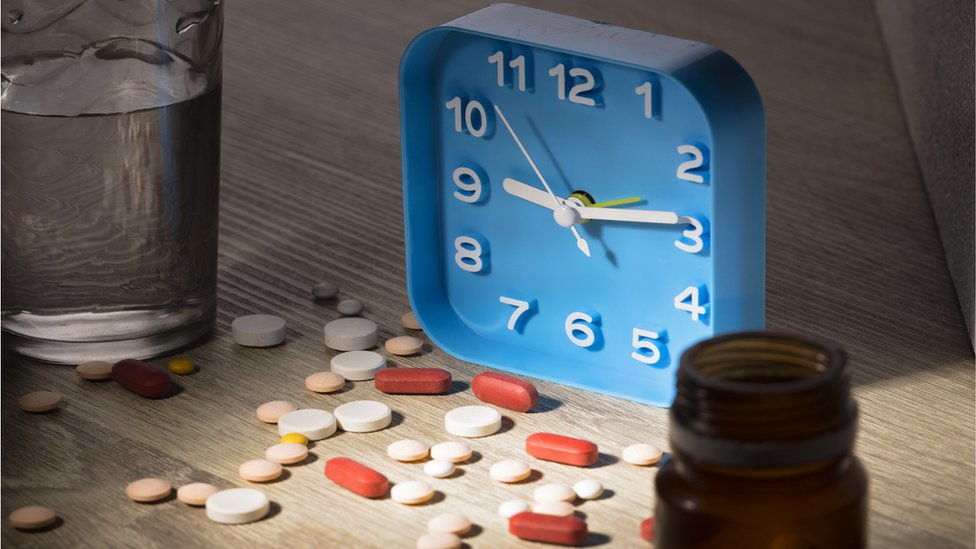Copyright © 2024 - Gearlabblog.com

Morning, Noon, or Night? Doctors Offer Advice on Timing Your Hypertension Pills
If you have a prescription for blood pressure medication, you might be wondering when is the best time to take it. This question has been debated, with different studies offering varying recommendations. Here’s what you need to know to determine the best timing for your medication.
A 2019 study in the European Heart Journal involving over 19,000 adults found that taking blood pressure medication at bedtime significantly lowered the risk of heart attack, stroke, and other cardiovascular events compared to taking it in the morning. However, a 2022 study in The Lancet found no significant difference in cardiovascular risk between morning and evening dosing. According to Dr. Donald Lloyd-Jones from Northwestern University Feinberg School of Medicine, “The jury is still out.”
Blood pressure fluctuates throughout the day. For many, it rises in the morning as the body prepares for the day and dips at night during sleep. Some people, however, might experience irregular patterns with surges at night or early morning. Knowing when your blood pressure is highest can help determine the best time to take your medication for maximum effectiveness.
Dr. Kent Brummel from the University of Michigan explains that the strongest effect of the medication occurs a few hours after taking it. While many blood pressure medications are long-lasting, some are shorter-acting and may lose effectiveness over time. If you have a morning surge in blood pressure and are on a shorter-acting medication, taking it in the morning might not offer adequate protection.
Discuss your blood pressure patterns with your doctor. You might need to monitor your blood pressure at different times of the day or use a special blood pressure cuff that measures it over a 24-hour period. This can help you and your doctor decide on the best time to take your medication.
While research continues, the most important thing is to take your medication consistently at a time you can remember, whether it’s morning, noon, or night. “Adherence is crucial,” says Dr. Lloyd-Jones. “If you’re not taking it, it’s never going to work.”
High blood pressure, or hypertension, is a leading risk factor for heart disease and stroke. According to the CDC, high blood pressure contributed to 691,095 deaths in the United States in 2021. Besides medication, lifestyle changes such as regular exercise and avoiding smoking can help manage blood pressure.
There are various types of blood pressure medications, each working differently:
Source: American Heart Association